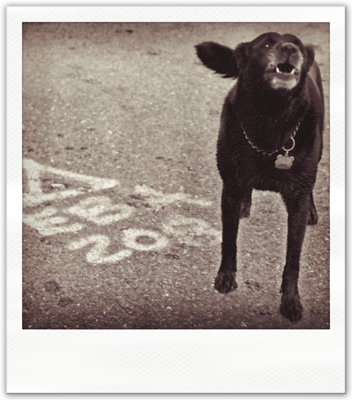
I will just say this. I know a river or two, the easy ones—the Thames, the Danube and Seine—quick to give their beauty to everyone who nears their banks. I know others who keep more to themselves—the Hudson and Snake, the Elwha—content to take and carry your secrets with their own, they leave you for the sea, though you keep watching the eddies for some answer that is not quite love, staying past hope, the way you stay every Sunday for the singer’s last song in the bar on Fourth and Lafayette because that voice, you think, will finally give her away.
I know the silver ready of takeoff and the unearned divinity of cruising altitude. I know, too, the melancholy rush of final approach, of returning, as we knew we must, to earth. I know the allure of always going somewhere else.
I know the winter hush of a cathedral, the effect of prayer on stone, light through stained glass some sort of proof, and the dare of my own footfalls in the nave, how they become a sudden hallelujah. I look up, the echoed nowhere, Sanctus.
I know girls who still love their bodies, who let their hips draw commas in the air before them, paving the way. I know women who used to, whose hands and teeth and shoes are asking always: how do I get back there.
I know noise: car alarms, steamed milk, sex, baseball crowds, last call, the drone of mortar fire on an unwatched TV, a train abiding its rails.
I know sounds, too: the crystal wink of a champagne toast, a bedsheet lifting at lights out, a dead piano key, a breath held, the surprise of insects on summer screens, the quick applause of embers from flame, snow underfoot, a flicker of birds in the cemetery trees.
I know the smell of juniper, the bright gin and tree of it, and of unbathed bodies, street-heavy and ripe with someone else’s shame. I know in these streets our sadness.
I know something of desire. I know the blue spell of afternoon on his skin, the way a minute’s kiss can absolve one hundred wasted days. The plain chance of bodies I’ve been willing to mistake for fate, like playing cards found facedown on the sidewalk. I know the words—the yes and the sorry and gone—that stand in for other things we can’t say. The constellation of freckles on my left arm I am waiting for someone to read me like tarot. I know the aftermath of want.
And past the cemetery fence on the hill above Southstoke, I know a gray horse, his nose in grass, mud to his fetlocks, dappled with the threat of rain. I was there four years ago now, every afternoon in that cemetery deep with strangers, because I did not know any more to write. And now I find myself there more nights than not, dreamwalking over the bone soil, the gray horse standing between me and another profane morning in the world.
Sensing me he lifts his neck, a movement slow and improbable as marble, and nickers a welcome, the kind that says he knows I will not stay, for I am just passing by. And yet in his voice there is the recognition that we’ve met somewhere before, and we have—I swear I know him, though from where I couldn’t say. I stop for a moment, though I do not reach out. Touch is too easy an answer.
In the town below, certain windows have been left open, letting in the sky. Rain nears. The streetlamps stand at ease, waiting for night to come again and bring them purpose. I can feel the light inside the churches shifting its weight. Breath between us, little else. Across the vale in Landsdowne, all the greens confuse themselves, bleed willingly into storm.
With no warning, a lark lifts itself out of the boughs, rising against the rain, which is coming now, still weightless. The headstones grow dark with water. Aloft, the bird waits, buoyed by an updraft off the hillside or by some other unlikelihood, maybe the one that has kept me here, too, past sundown all those evenings ago and now, years later, still tethered by some sweet reluctance to this field of stones, to the memory of this lone bird in the green transept of my unmade cathedral, waiting for the Ave, for the first winging chords of a song I want so badly to know.
Kate Petersen’s fiction and nonfiction have recently appeared in The Iowa Review, Quarterly West, Phoebe, and Pearl. Kate works in Boston and rides the train over the river home, which is on a hill with a window looking south toward the towers of Harvard, some of which are ivory.
photo by Leslie Miller
